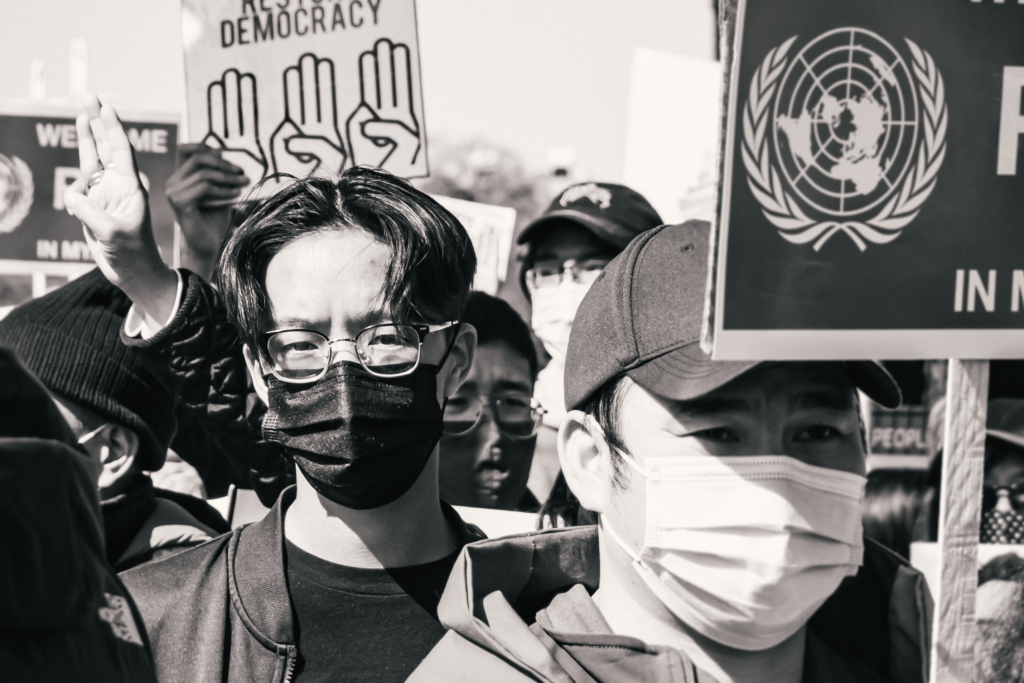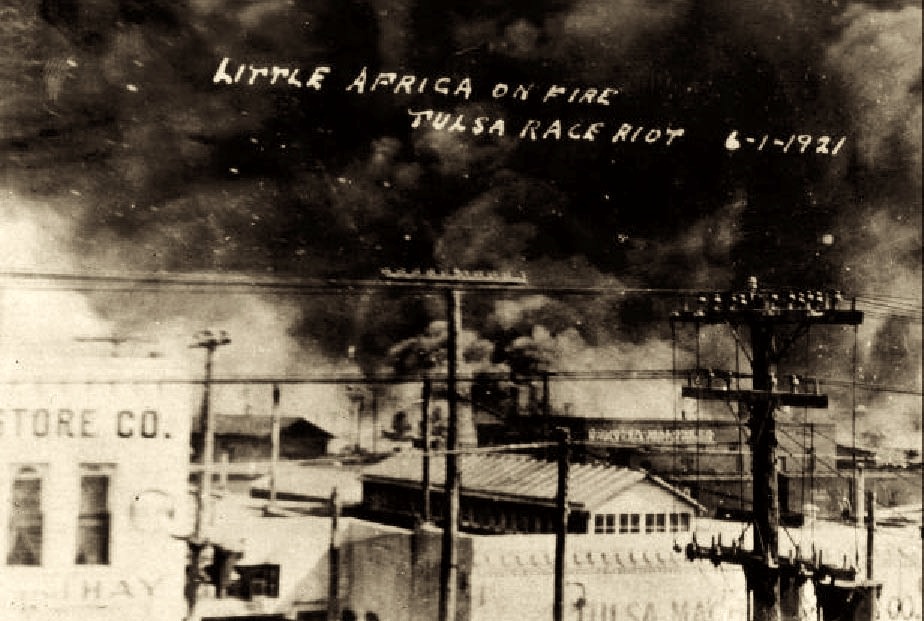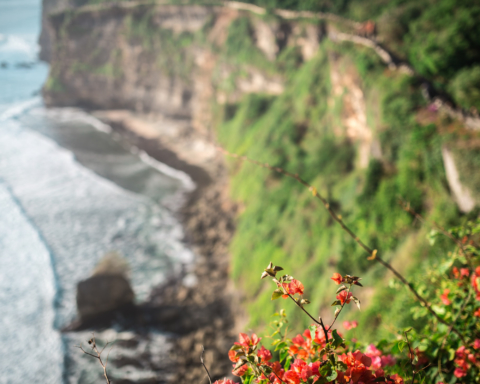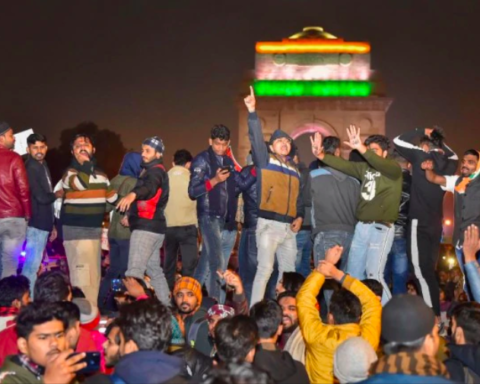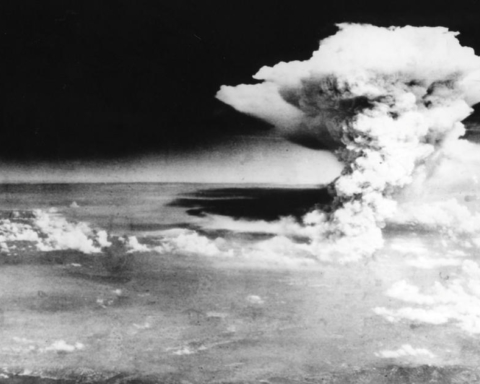—an observer in Burma
Whatever happens to the jungles
whatever happens to the mountains
whatever happens to the rivers
they don’t care.
—K Za Win, Poet of the Burmese resistance
He was killed March third, one of hundreds so far
since the February coup. Other poets jailed,
three more killed….
And you, in whatever country
you live, have you written poems of love
for the world? You must be aware how dangerous
that makes you.
That you indicate any care
for the green canopy, the tree-dwellers, the endless
water-music of birdcalls and rain—
that’s how
you declare yourself a liability to the generals
and their investments. Once you’ve claimed allegiance
to riverbanks,
you’re defending those lives
lived in riverside houses that sway on their poles
in the rain’s surges.
To sing your love
for the forest is to oppose the portfolios
swollen on logging the hills.
To praise
roots that are holding the earth from erosion
holds mothers and girls from the traffickers.
To write
your celebrations of seeds saves men
from the hoisting of shrimp boats’ nets at gunpoint,
spares hundreds of hungry boys
from being hauled
into the ranks of the forces lined up
against their own people.
Wherever
you are as you write your devotions to vines
and ferns, you threaten the holdings of neckties
and uniforms.
But you have promised the snipers
your tagged target of flesh—invited
their eyes down the gunsights, eyes itching
to puncture that hazardous heart of yours.
They must
wonder in secret what is it that fills you—
that uncurls out of your mouth, your fingertips…
something these sharpshooters miss.
They’re perched
above the street, fixed on your chest. They miss
your own translucent roots reaching down
through the asphalt into the earth—
what makes you
a fountain. How many will still drink your poems
after your death? The generals will never
solve that equation.
To kill you won’t
wipe you off the world’s books. It might even grow
more of you.
But they’re cringing to kill you,
so we wouldn’t be too surprised by the news
when a bullet opens the husk of you. You’ll leave us
poems,
and we’ll make them our prayer flags
under the marksmen’s stares—our banners
of love for the world, like those wings
and leaves of the overstory.
________
Jed Myers is author of Watching the Perseids, The Marriage of Space and Time, and four chapbooks. His poems have appeared in Prairie Schooner, Rattle, Poetry Northwest, The American Journal of Poetry, Southern Indiana Review, Tupelo Quarterly, and elsewhere. He is Poetry Editor for Bracken.
Photo by Gayatri Malhotra.
________

